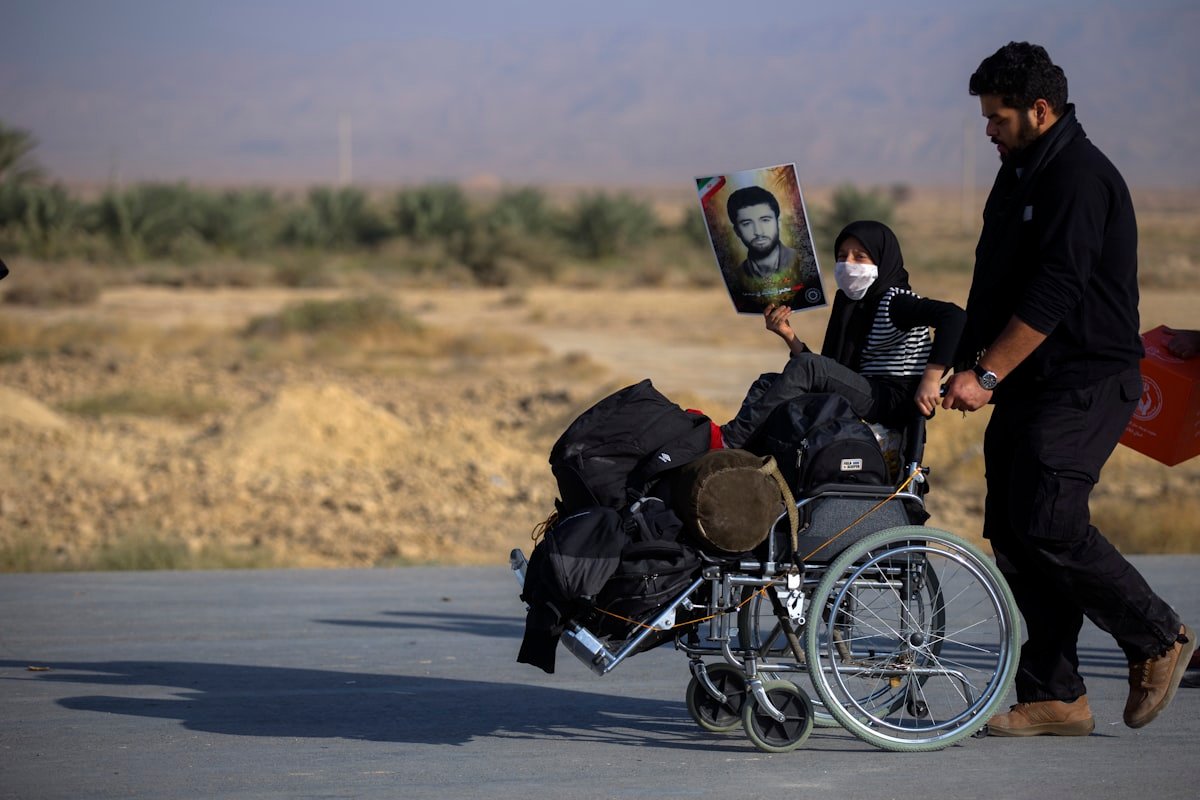Germany Increases Emergency Aid for Afghanistan in 2025: A Deep Dive into the Commitment
In a significant move underscoring its commitment to global humanitarian efforts, the German government has announced a substantial increase in its emergency Germany Afghanistan aid for the year 2025. This decision, coming amidst a complex and protracted crisis, represents a critical lifeline for millions of Afghan citizens facing severe food insecurity, economic collapse, and a crumbling healthcare system. The bolstered Germany Afghanistan aid package is not merely a financial transaction; it is a strategic and compassionate response to one of the world’s most dire humanitarian situations, reflecting Germany’s role as a key international partner. This expanded support for Germany Afghanistan aid signals a deep understanding of the scale of suffering and a resolve to address both immediate needs and underlying challenges.
The situation in Afghanistan remains one of the most severe humanitarian crises globally. Years of conflict, compounded by political upheaval, economic sanctions, and recurring natural disasters like earthquakes and droughts, have left the population incredibly vulnerable. Basic services have deteriorated dramatically, and a vast majority of the population lives below the poverty line. Women and children are disproportionately affected, facing severe restrictions on their rights and access to education and employment. The decision to augment aid is a direct response to urgent appeals from organizations like the United Nations and the International Red Cross, which have warned of catastrophic levels of need. Germany’s action is a testament to its foreign policy principle of “resolute multilateralism,” choosing to engage and provide support where it is needed most, despite the political complexities.
This enhanced commitment is channeled through trusted international and non-governmental organizations with a proven track record of effective on-the-ground operations. Partners include the World Food Programme (WFP), which is tackling rampant malnutrition, the United Nations Children’s Fund (UNICEF), focusing on child protection and education, and various German NGOs with deep, long-standing connections within Afghan communities. This network ensures that the assistance—whether in the form of food parcels, medical supplies, cash transfers, or support for agricultural recovery—reaches those most in need efficiently and transparently. The German Federal Foreign Office and the Ministry for Economic Cooperation and Development work in concert to oversee the allocation, ensuring funds are used effectively and for their intended humanitarian purposes, thus building trust with both the Afghan people and German taxpayers.
From my own experience working in international development policy, I can attest to the meticulous due diligence that precedes such a major aid decision. It involves continuous assessment by field officers, close consultation with humanitarian partners, and a rigorous analysis of the evolving situation. This isn’t a reaction made in a vacuum; it is a data-driven, needs-based response. The expertise within the German government on this region is considerable, with decades of engagement providing a deep well of institutional knowledge about the cultural, social, and political nuances of Afghanistan. This expertise is crucial for designing aid programs that are not only effective but also culturally sensitive and sustainable in the long term, avoiding unintended negative consequences. You might also find our article about dubai police scam: fake traffic fine discounts busted helpful.
Looking beyond immediate emergency relief, the increased German assistance also carries implications for regional stability and Germany’s broader foreign policy objectives. A completely collapsed Afghanistan could become a breeding ground for terrorism and trigger even larger waves of migration, affecting neighboring countries and Europe. By providing essential support, Germany is investing in a degree of stability that benefits not only Afghans but the international community as a whole. This strategic dimension is carefully balanced with the core humanitarian imperative, ensuring that aid is delivered based on need, regardless of political considerations. It is a clear demonstration of how humanitarian action and strategic foreign policy interests can, and often must, align.
The decision has been met with widespread support from the international community and humanitarian organizations, though some critics rightly emphasize the challenges of delivering aid in such a restrictive environment, particularly concerning women’s access. The German government has been vocal about these challenges, consistently advocating for the full inclusion of women in aid distribution and calling on the de facto authorities to uphold human rights. This transparent acknowledgment of the difficulties adds to the trustworthiness of the effort, showing a commitment not just to giving aid, but to giving it right. The continued dialogue with implementing partners on the ground is essential to navigate these complexities and adapt programs as necessary.
For the average German citizen or a global observer seeking to understand this policy, it is vital to see this not as a distant geopolitical act but as a direct contribution to saving lives. The funds allocated will translate into meals for starving families, medical care for malnourished children, and warmth for those facing harsh winters. It is a powerful example of global solidarity in action. The German public has historically shown strong support for humanitarian assistance, and this move aligns with those values, demonstrating leadership and a sense of global responsibility. It sets a precedent for other nations to follow and reinforces the indispensable role of international cooperation in addressing world crises.
In conclusion, Germany’s decision to significantly increase its emergency aid to Afghanistan in 2025 is a multifaceted response rooted in humanitarian principles, strategic foresight, and a deep well of experience. It addresses the catastrophic immediate needs of the Afghan people while acknowledging the broader implications for regional and global security. By working through established and trustworthy partners, Germany ensures that its assistance is effective, transparent, and reaches the most vulnerable. This commitment, while facing undeniable logistical and political hurdles, stands as a crucial beacon of hope for millions and a strong statement about the kind of role Germany seeks to play on the world stage—one of compassion, reliability, and resolute support for human dignity.





 Dubai School Wins Dh125,000 Fee Arrears Case – Details
Dubai School Wins Dh125,000 Fee Arrears Case – Details